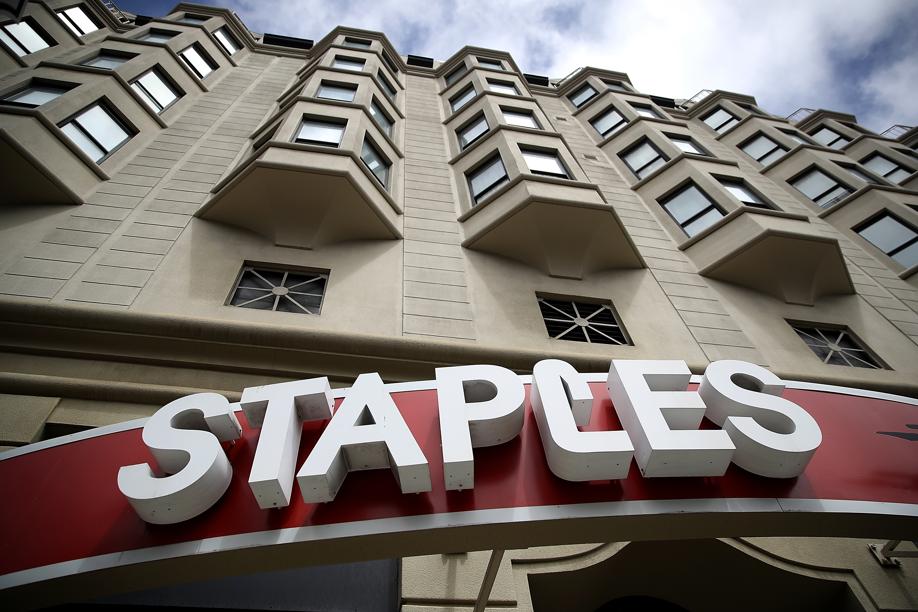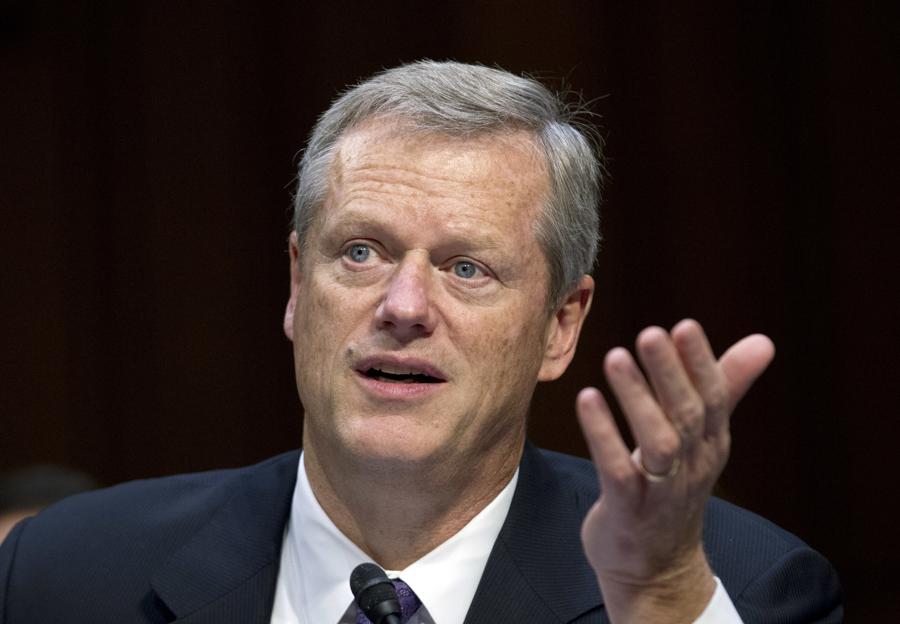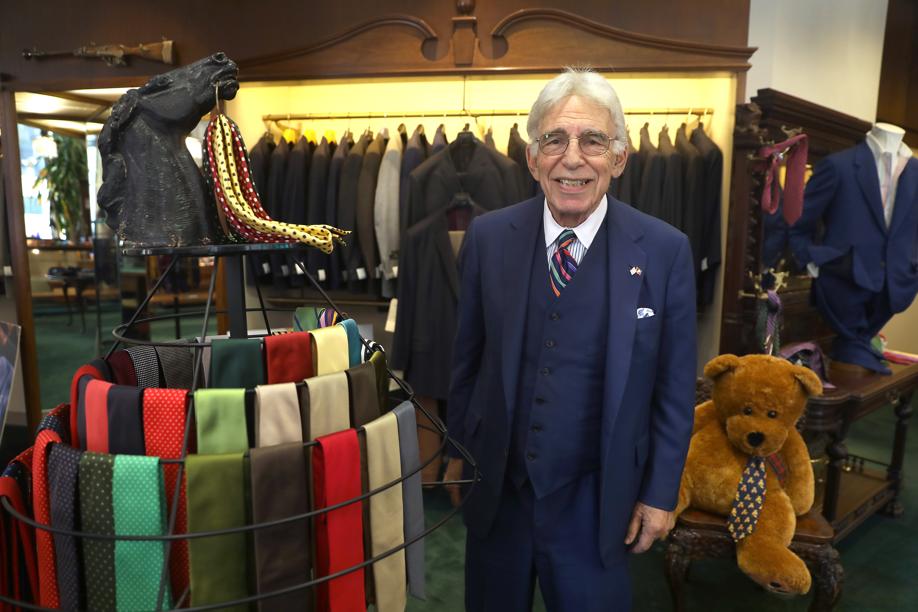E-COMMERCE
Boston to make a bid for Amazon’s ‘second headquarters’
Amazon set off a frenzy Thursday in cities from coast to coast when it announced plans to spend $5 billion for a “second headquarters’’ somewhere in North America, with up to 50,000 jobs on a campus nearly as big as Kendall Square. State and city officials, fresh from luring General Electric Co. to Boston, said they will put together an offer to Amazon, likely to be one of the biggest job-creation prizes in decades. Industry specialists and close followers of Amazon say Boston, where the e-commerce giant is expanding its already considerable presence to 1,900 employees, is likely a contender. The company gave cities and states one month to prepare an offer and listed a wide range of criteria that will go into its decision, expected sometime next year. Massachusetts officials acknowledged they are likely to reprise the pitch that sold GE on Boston: a strong tech workforce, world-class universities, an innovative business community, and a package of subsidies that helped GE prepare its campus in the Fort Point neighborhood. Boston may be at a disadvantage, though, on several other fronts. Amazon said its cost of doing business will be a “critical decision driver,’’ and the level of public aid will be a significant factor in its decision. Boston is on the upper end of most metro areas for pricey office space and housing, and high wages. Moreover, Mayor Martin J. Walsh signaled that he is not going to offer lavish subsidies to win over Amazon. Boston was cited on the short lists of contenders put out by urban planners and real estate specialists Thursday. Also included were Austin, Texas; Washington, D.C., where Amazon boss Jeff Bezos owns The Washington Post and is renovating a mansion; Denver; Pittsburgh; and Toronto. A number of other big metro areas also quickly announced they would pursue the Amazon project, including Kansas City, Mo.; the Twin Cities of Minneapolis and St. Paul; and Dallas-Fort Worth. — TIM LOGAN, JANELLE NANOS, JON CHESTO
OFFICE SUPPLIES
Staples ends its run as a public company
The end of a 28-year run as one of the premier public companies in Massachusetts came quietly for Staples Inc., in a perfunctory vote approving its nearly $7 billion sale to a private equity firm. For shareholders who’ve endured a decade of diminishing returns, their approval Wednesday seemed like a concession that a new owner can, without the prying eyes of Wall Street, reclaim the glory of what was once among the business world’s dominant companies. For a company that opened the world’s first superstore for office supplies, the humbling was a long time coming for Staples. The Framingham company was unable to fully capitalize on the seismic shift to online sales. Its revenues peaked near $25 billion in 2011, and since then Staples has been closing stores, selling off branches, and pursuing a second ill-fated purchase of rival Office Depot. From a high of nearly 2,300 stores, Staples is down to 1,500 or so retail outlets, and revenues last year were $18 billion. — JON CHESTO
TECHNOLOGY
IBM and MIT team up on artificial intelligence research lab
IBM on Thursday said it would spend $240 million over the next decade on an artificial intelligence research lab it is launching with MIT, in hopes of unlocking new advances in a field that the technology giant sees as a major factor in its future. The new MIT–IBM Watson AI Lab will gather more than 100 scientists, professors, and students to do research at the university’s campus and at the technology giant’s nearby offices in Kendall Square, MIT said in a news release. It was not clear how many of those people would be new hires, but IBM said it would bring in additional staff to work on the project. The lab launched a hiring website with a handful of job listings as it announced the project. A particular focus of the effort will be to help students and professors launch companies and commercialize breakthroughs in artificial intelligence. The announcement comes as IBM has been working — with halting results — to build Watson, a cloud-based artificial intelligence platform, into a pillar of its efforts to turn around a period of declining revenue. — ANDY ROSEN
HEALTH CARE
Baker working on fund to stabilize health insurance rates
Governor Charlie Baker, appearing before US senators Thursday, said his administration is working to establish a fund to help stabilize Massachusetts health insurance rates in case President Trump ends the federal subsidies that many insurers and consumers rely on. Thepayments, known as cost-sharing reductions, help defray the cost of coverage for lower-income Americans who buy their plans on the individual insurance market. In Massachusetts, they will amount to an estimated $146 million next year and assist about 155,000 residents. The Baker administration’s plan to create the fund needs approval from federal officials. The administration was planning to file its request last week. The issue came up in Washington as Baker and four other governors testified before the US Senate health committee. Baker urged senators to take quick bipartisan action to protect health insurance markets by continuing the subsidies, which are paid monthly, for at least two more years. The payments were promised under the Affordable Care Act but Trump, whose administration has authority over the payments, repeatedly has threatened to pull them. Many Republicans and Democrats say that would drive up premiums and prompt some insurers to stop selling coverage. “Bipartisan cooperation is essential to achieving quality affordable health care coverage and stabilizing any market,’’ Baker said at the hearing. “Carriers, providers, and people all need certainty about what rates are going to be.’’ — PRIYANKA DAYAL MCCLUSKEY
RETAIL
Landmark store to close at end of year
The markets may fluctuate in the Financial District, but one thing remains consistent. Be it bull or bear, the titans of industry need their suits, and for the last 84 years, they bought them at Zareh. Bob Kraft and John Fish are clients. Bobby Orr was, too. Mayors Kevin White and John Hynes shopped there. Alan Shepard donned Zareh’s when he wasn’t sporting a spacesuit. For the last 58 years, Monday through Friday, between the hours of 9 and 5, the dashing haberdasher behind the counter has been Greg Thomajan, who inherited the business from his father in the 1970s. So it was with a heavy heart that Thomajan began telling his customers that he’ll retire at year’s end, closing the store and ending an era. Thomajan’s father, Zareh, opened his store on State Street in 1933, selling gabardine shirts for $7.50. Today, the suits at One Liberty Square start at $3,500, off the rack, but the store looks much as it always has: the plush green carpets of a country club; handsome wooden cases stocked with button-downs; crystal chandeliers dangling over the racks of Oxxford suits, illuminating subtle gradations of blue and gray. The store’s mascot, a 7-month-old golden retriever named Skipper, channels his energy into a chew toy. For the entirety of his career, Thomajan’s routine has rarely wavered. He uses yellowed index cards to track the shopping habits of the city’s power class. Eschewing e-mail, he has no problem calling financial heavyweights to let them know that it’s high time for a new suit. (Many clients make five-figure purchases without hesitation.) He doesn’t take lunch breaks or vacations. He puts the occasional witty ad in the paper, just as his father did. Most clients come by word-of-mouth. “This has always been a men’s club,’’ said Thomajan’s wife, Andrea, who is Zareh’s bookkeeper. “The guys come in and hang around; they all know each other,’’ she said. “Our clients become our friends.’’ — JANELLE NANOS






